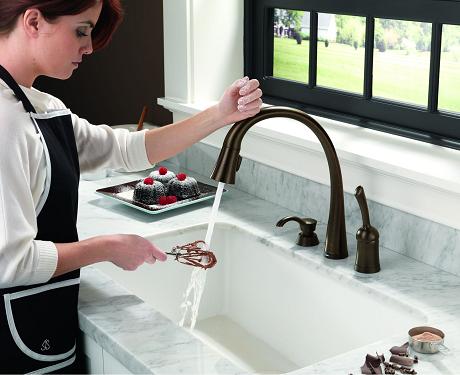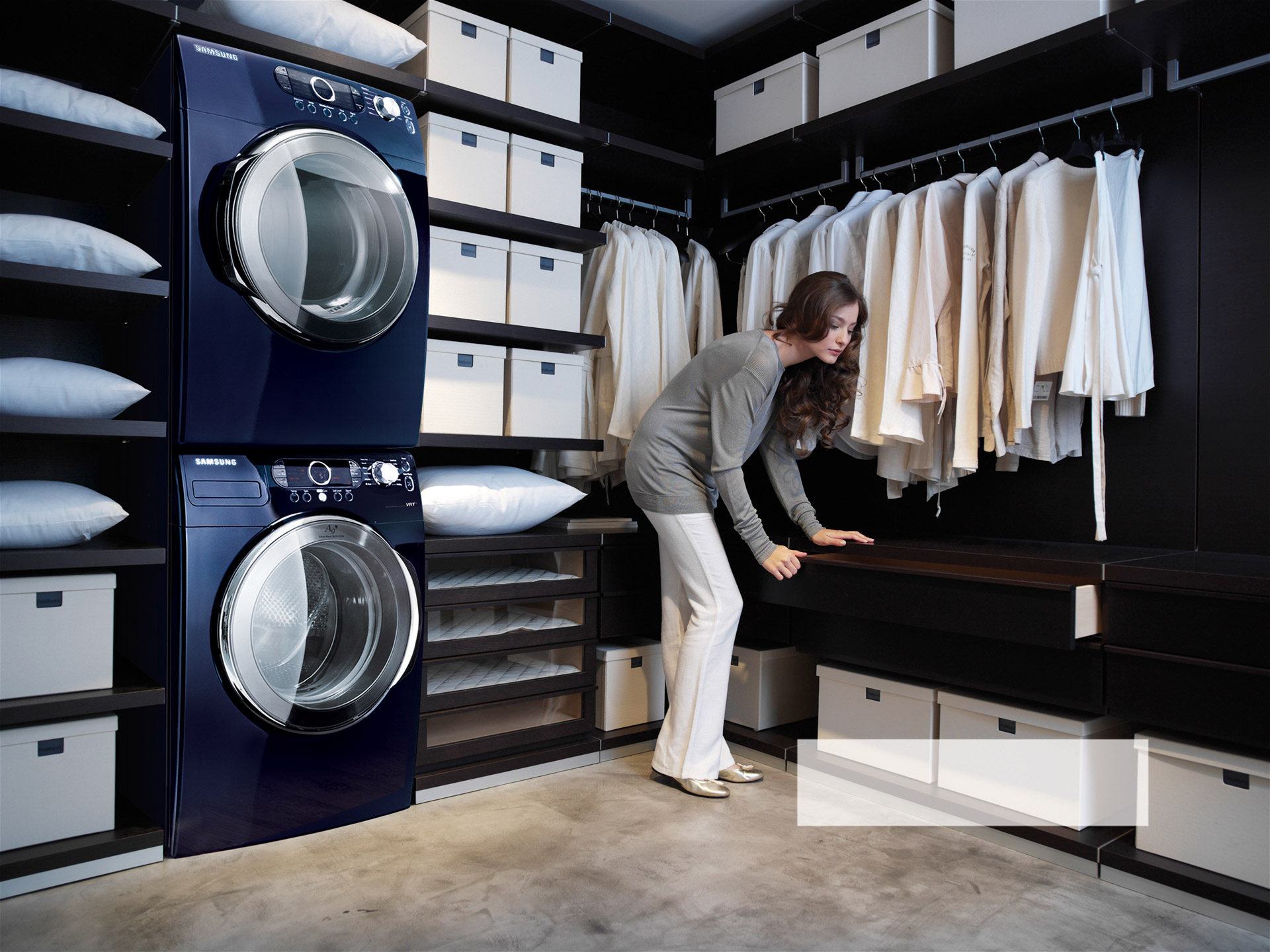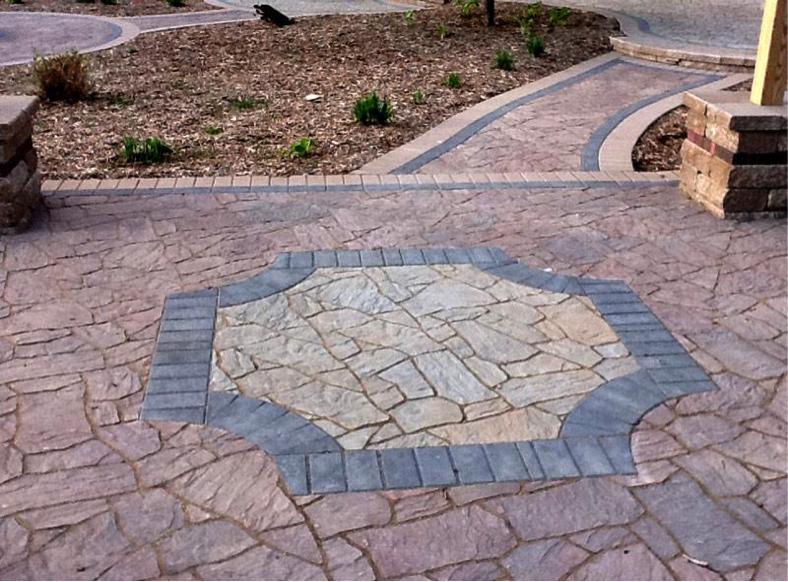Vinyl has proven its qualities in many applications, so if you think it might be a good option for your next floor update, you’ve come to the right place. However, choosing vinyl flooring for a household or place of business isn’t always easy. With so many options available, it’s often challenging to narrow down your choice and get the best one for your project. Let’s go over the main points you need to address.
In order to figure out which floor is the best for your needs, it’s important to know the type and purpose of the room. Is it a basement, laundry room or another moisture-prone are such as a bathroom or kitchen? Perhaps you’re looking to replace the floor in your café, deli store, or restaurant? If either of the above is true, vinyl is probably the best option for you, as it can be installed in below grade rooms and is 100% moisture resistant, so you won’t have to worry about the spills, water brought in from outside or accidental plumbing leaks.
Also, you need to consider how much traffic the room or the area in question sees on a daily basis. If you need to re-floor an area that sees a lot of foot traffic, such as a foyer, a café or a corridor, you’d want to choose a vinyl with a higher wear layer, such as 12 or 20 mm. On the other hand, if your vinyl floor goes to a guest room, study, attic, or another space with minimal traffic, the thickness of the wear layer should not be your concern. In addition, for high-traffic floors, you might also consider a thicker plant that is more stable, such as a WPC or SPC rigid core vinyl. Apart from having an engineered core, these planks are less likely to move over time.
Owing to the huge leaps in the technology, these floors have found their application in many versatile decors. Depending on your preference, you can choose vinyl floors in wood, stone, cement, and even shabby chic style. The advances of surface layer technology have introduced vinyl planks with beautiful 3D printed textures that mimic real tile and hardwood. Available in wide plank, multi-plan and more traditional plan widths, regardless of the style you choose, you’re getting a durable floor that is easy to maintain and provides a superb feel both at home and at the office.
Another big factor in how your vinyl flooring feels under your feet is the subfloor material. If you install vinyl on top of a concrete subfloor, you may end up with a hard surface beneath. With a thin vinyl plank, the hardness of the concrete will translate to the overall feel of the floor. On the other hand, if you use wood subfloor, you have a softer foundation for your vinyl, which is still solid but doesn’t feel as hard as a concrete subfloor would. So, unless you want to alter your concrete subfloor, you may want to consider one of the thicker vinyl options. As the appearance and performance of your floors will depend hugely on its preparation and installation, working with genuine pros, as these Sydney-based vinyl flooring experts, will ensure the results you’ll be thoroughly satisfied with for years to come.
If you decide that click-lock planks are the best choice for your space, you might want to consider adding an underlayment as well. Although some of the vinyl floors, 4 mm or thicker, come with attached underlayment so you don’t have to buy it separately, adding one yourself makes a big difference for softness under your feet, especially if you’re installing over an existing concrete floor.
Finally, there is the question of who will install your flooring. While most vinyl floors are DIY-friendly, some of them are harder to install than others. Glue-down vinyl requires adhesive and additional tools, while click lock vinyl planks don’t require any extra tools. The good news is that when it comes to vinyl, professional help comes with less cost when compared to installing tile or solid hardwood.
In choosing vinyl flooring, it’s important to go over these points before you make a purchase. While this short guide covers all the critical points, your mileage may vary, so if you feel overwhelmed with all the info, your local flooring expert will surely be glad to help out with more location-specific advice.
Learn how design-build can save you time, money and stress
















